Deep divisions within EU over Israel’s war on Gaza show the bloc is decaying
By Ali Rezvanpour
The European Union has been marred by deepening divisions over Israel's genocidal war against Palestinians in Gaza, which shows the world's most powerful bloc is fast decaying.
The five months of the no-holds-barred Israeli assault on the besieged coastal territory has not only exposed the international community but it has also laid bare deep fault lines in the European Union.
The heads of 27 European countries have limited themselves to issuing passive statements about sending humanitarian aid to Gaza while refusing to make an unambiguous call for a complete ceasefire or building pressure on the occupying regime to end its deadly military campaign on Gaza.
In its recent statement, the Council of Europe, after condemning the operations of Palestinian resistance groups and emphasizing Tel Aviv's so-called “right to defend itself”, called for unhindered access to humanitarian aid for the people of Gaza, including through humanitarian corridors.
European Commission President Ursula von der Leyen, however, angered the European Union's foreign policy team. In an unusual move, some 800 EU staff also wrote a letter protesting that she showed unjustified bias towards Tel Aviv, according to a report in Politico magazine.
Leyen has been unequivocal and unapologetic about her support for the Israeli regime and the ongoing genocide of Palestinians in the Gaza Strip, which hasn't gone down well with some EU officials.
She was one of the first Western leaders to visit the occupied territories in October to give her stamp of approval to the Benjamin Netanyahu regime’s war on Gaza.
More recently, in her speech at the Hudson Institute in Washington, she again harped about the Zionist regime's “right to defend itself” while completely ignoring the humanitarian catastrophe in Gaza resulting from the Israeli regime’s relentless bombings and crippling siege.
Commenting on the European Commission president's speech, a senior EU official said she expressed her personal views and presented an unbalanced view of the EU's position on the situation in Gaza.
According to some officials, her relationship with EU foreign policy chief Joseph Borrell has become strained and the crisis has heightened as the two of them have slightly different stances on Gaza.
Last month, in an interview with the Spanish daily El Pais, Josep Borrell slammed the EU chief over her visit to the occupied territories in October 2023, pointing to a deepening rift in the bloc.
“That trip by von der Leyen, with such an absolutely pro-Israeli stance, without representing anyone but herself in a matter of international politics, has had a high geopolitical cost for Europe,” he said.
The Spanish newspaper in a separate report later said Israel has been irked by Borrell because he “has situated himself on the Palestinian side”. On the other hand, Michael Oren, a former Israeli envoy to the US, said the EU foreign policy chief should not be allowed to set foot on the occupied territories.
These differences and divisions have even spread to other leaders of the alliance because the history of the European Union has shown that in times of crisis and when the bloc faces serious challenges, it cannot make comprehensive decisions and is not able to speak in one voice.
Former Belgian Foreign Minister Mark Iskens, on the eve of the US-led international coalition's military attack on Iraq in 1990, said Europe is an economic giant, but a political dwarf and a military worm.
A clear demonstration of that has been the war between Russia and Ukraine, in which no initiative has been seen on the part of the Europeans to end the war. Europe has surrendered itself to the US.
Although the bloc had a unanimous voice on Ukraine, it has become a divided house on Gaza.
The Israeli genocide case at the International Court of Justice (ICJ) in The Hague brought in by South Africa also drew attention to these deepening differences in the European Union.
Germany had before the ruling said the genocide case “lacked any basis” and declared that it would intervene in the ICJ’s proceedings as a third party. Some other countries welcomed the ruling.
The ceasefire resolutions introduced at the UN Security Council and the UN General Assembly in recent months also laid bare these glaring differences and divisions within the bloc.
For example, on October 26, eight EU countries voted in favor of a ceasefire in Gaza at the General Assembly while four countries voted against it. On December 12, in another vote, 17 EU countries backed the truce while two countries voted against it.
Some other EU member states, including France and Spain, were against it for different reasons.
On the developments in the Red Sea as well, EU member countries have not been on the same page.
On January 11, only eight countries – three of them EU members (Denmark, the Netherlands and Germany) signed a joint statement with the US and the UK, justifying the airstrikes against Yemen.
On the funding of the UN refugee agency also the EU member states have developed deep disagreements, with some halting the aid, some announcing cuts and some continuing the funding.
These divisions within the world’s most powerful bloc and its complete submission to the United States in important international policy matters are believed to be an indication of the EU’s decay and death.
Ali Rezvanpour is a Tehran-based political commentator and university teacher.
(The views expressed in this article do not necessarily reflect those of Press TV)
Iran deputy FM says no messages exchanged with US since war
105 civilian facilities hit, 21 hospitals damaged in US-Israeli aggression: IRCS
Iran school massacre shows global failure to enforce war crime accountability: Analyst
US-Israel attack on a Tehran hospital targeted newborns, destroyed IVF center
US to 'bitterly regret' torpedoing Iranian warship in intl. waters: Iran FM
Some Arab rulers rejoicing at US-Israeli crimes against Iran: Yemen
IRGC strike targets US oil tanker in Persian Gulf
Iran does not rule out pulling out of 2026 World Cup as 'spiteful' US launches aggression


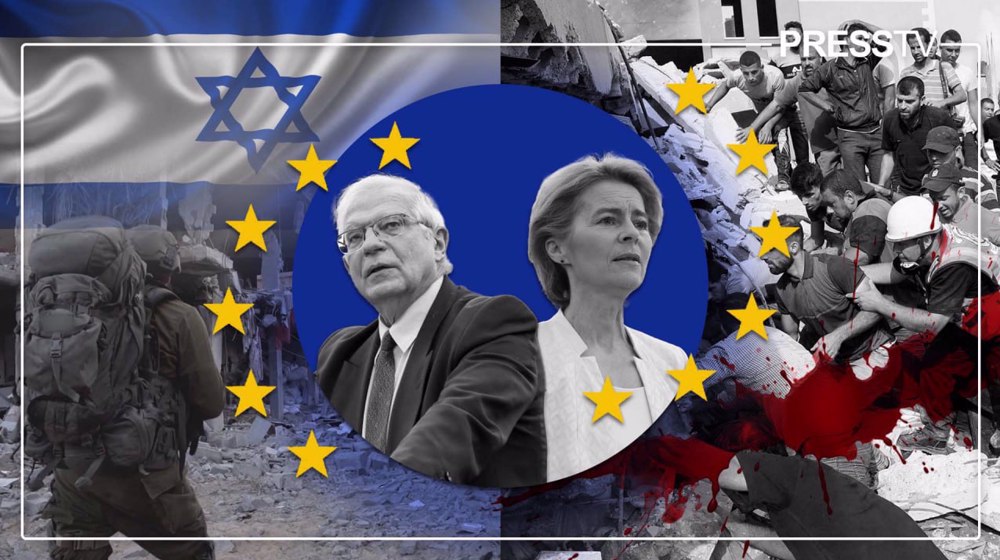
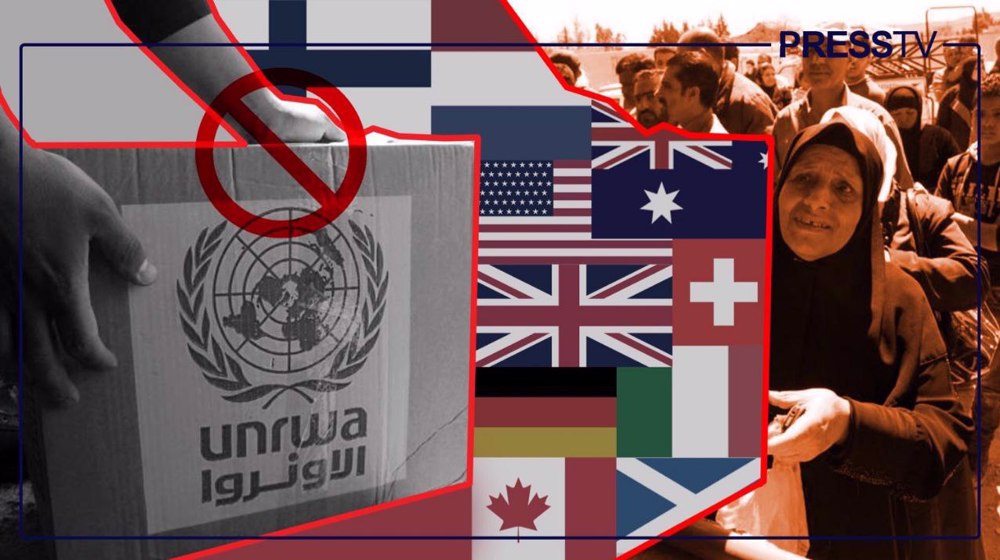
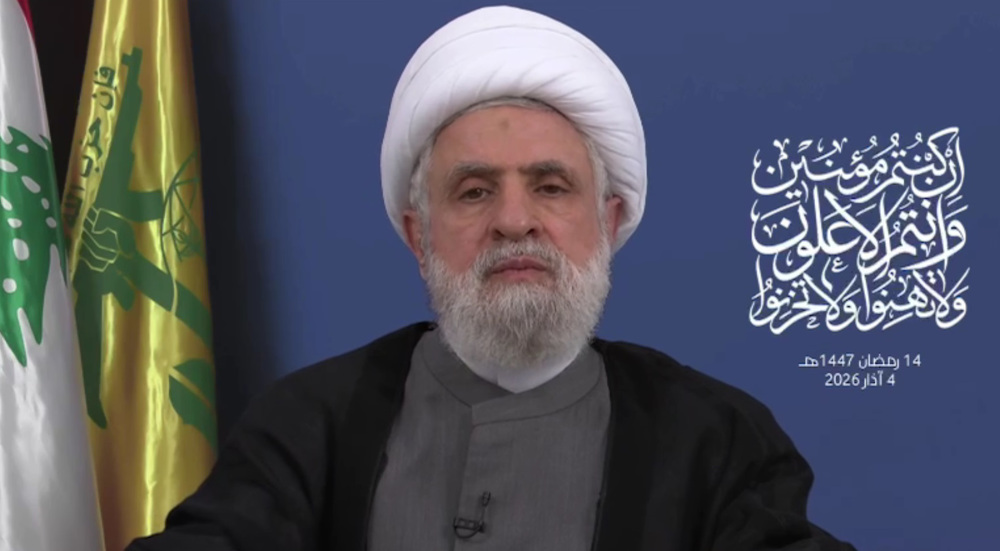

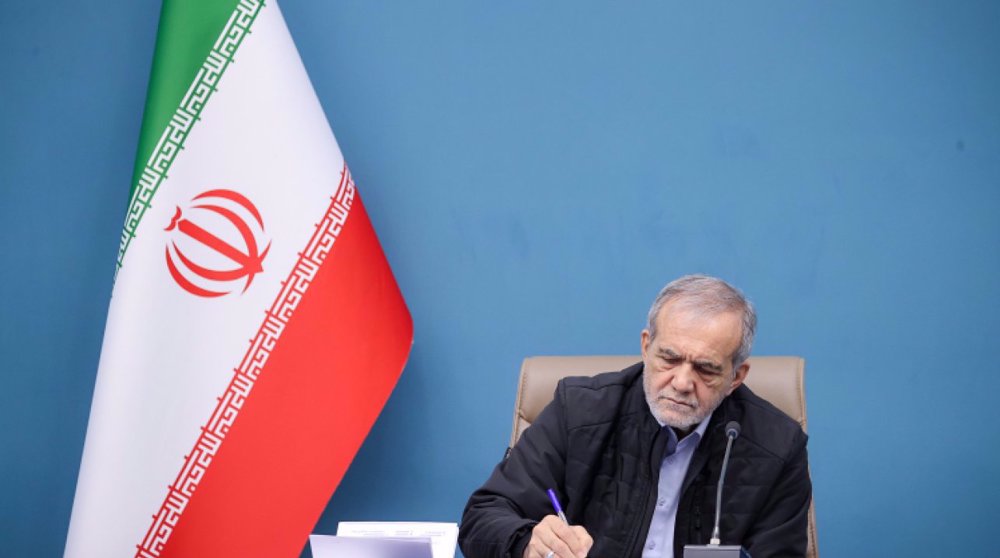



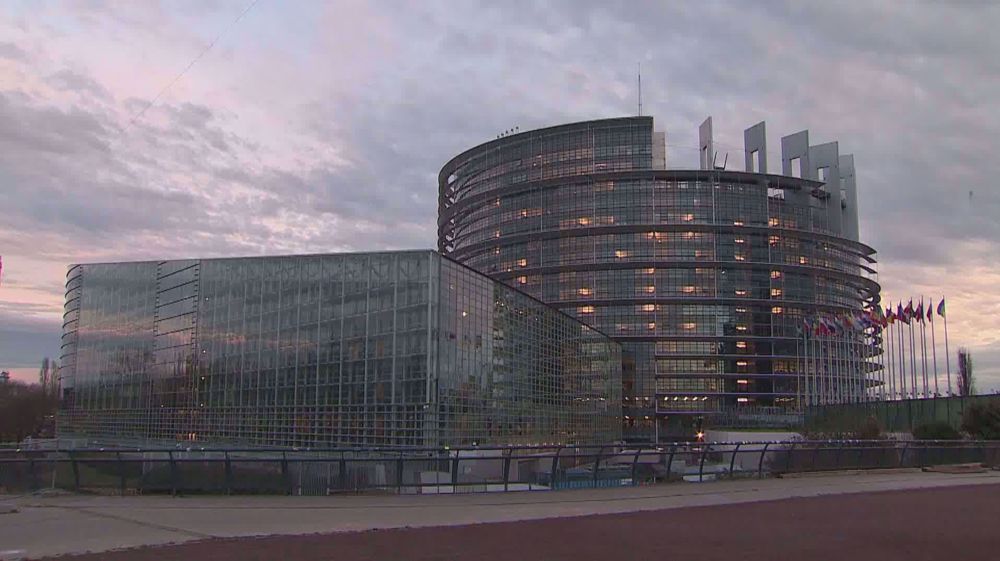

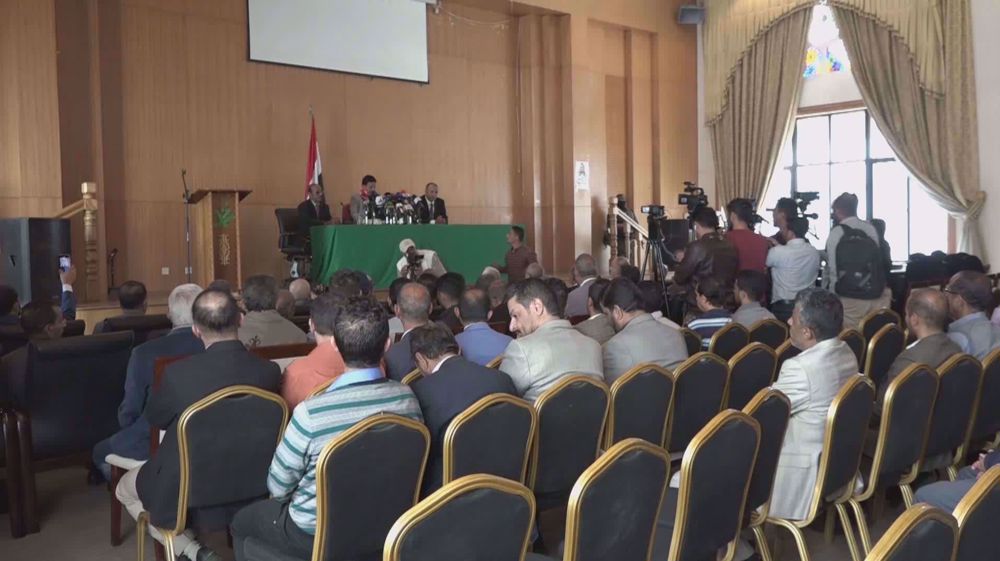
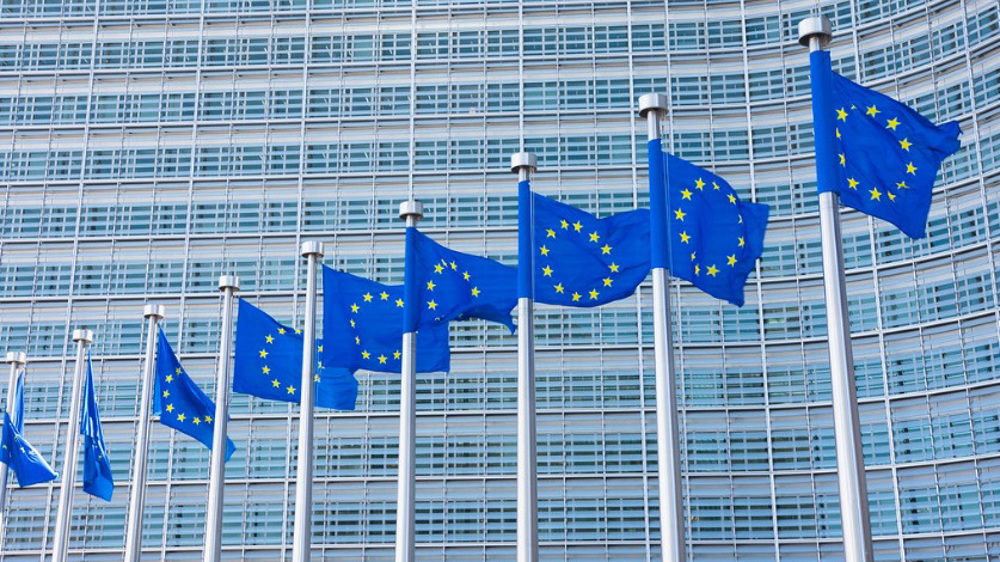


 This makes it easy to access the Press TV website
This makes it easy to access the Press TV website